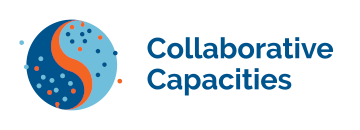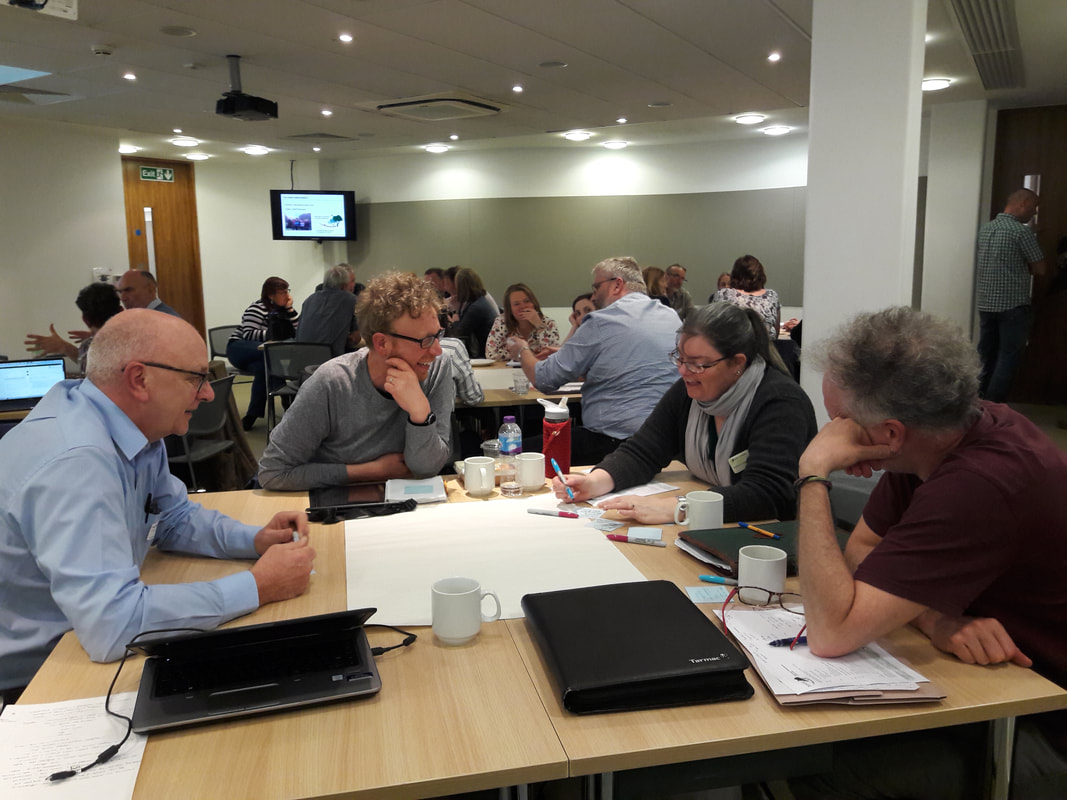Designed and facilitated the first conference of this woodlands creation and conservation project involving more than 25 organizations in the public, private, academic and third sectors.
The Woodland Creation and Ecological Networks (WrEN project) is a collaboration of academics, policy makers and practitioners interested in ecological restoration. They use natural experimental approaches to ask questions about how to prioritise actions to restore ecological networks. They gathered more than 50 people from 24 different organisations to attend their first ever conference. Scientists, conservation practitioners, policy makers and industry got together to hear about latest findings and to discuss ways to circulate and implement research outcomes, as well as identify opportunities for future research avenues. The current project is based on wanting to create a forest corridor along the United Kingdom for conservation of biodiversity.

Collaborative Capacities designed an energetic, varied day which included short perspectives from all stakeholders, and plenty of time for targeted scoping of new work. One main topic of conversation was to identify engaging and effective ways of communicating with project partners, stakeholders and supporters. Participants discussed face-to-face interactions such as meetings and conferences, on-site demonstrations and field visits, scientific publications, guidance notes for practitioners and policy makers, infographics and lay summaries distributed through websites, blogs and social media. It was a productive and fast-paced day where participants focused on key subjects as well as incorporating brainstorming and effective innovation methods to meet the day’s objectives.
“Having Sawsan facilitate our one day event was hugely beneficial to how the meeting ran, and on the stress levels of us as event organisers! It meant we could focus much more on the discussions and we feel we got a lot more out of it.” – The WrEN Project team
“Great @WrENproject meeting brilliantly facilitated by @SawsanKhuri!” – Tweet by Julia Koricheva @KorichevaLab

